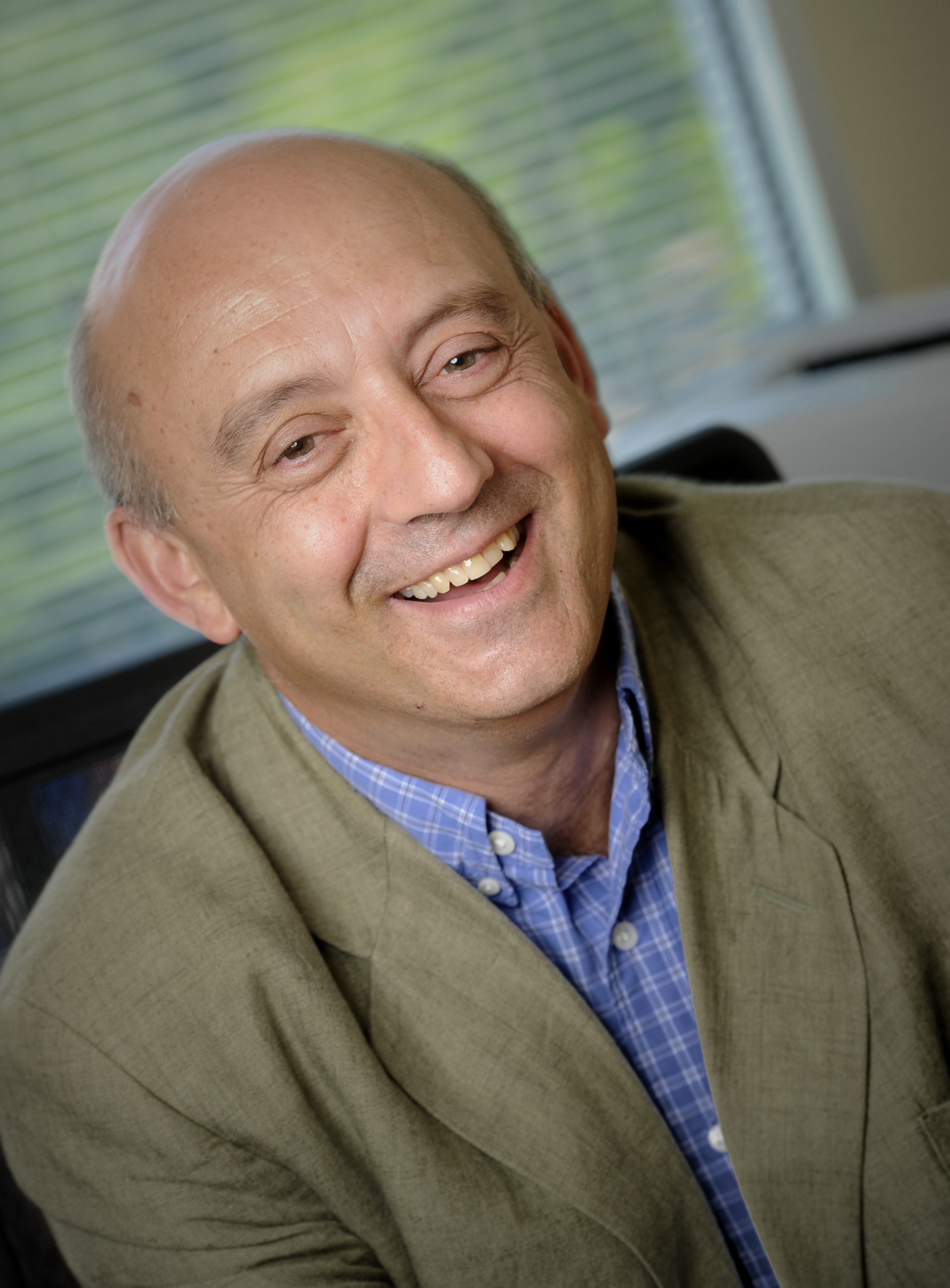A native of Greece, Nikolaos Zahariadis joined the Department of International Studies in 2016 as the Mertie Buckman Distinguished Professor of International Studies from the University of Alabama at Birmingham. He has received numerous awards for his work including a Fulbright fellowship, a Policy Studies Organization fellowship, and an Economic and Social Research Council fellowship. Back when he was a more interesting person in the world, he made brief appearances in northern California, the Alps, and London and worked as a fisherman in Iceland (the European Deadliest Catch) and a carpenter in Greece. Contrary to popular belief, Sasquatch did not take his picture nor did museums let him touch the art!
TEACHING
Think locally, act globally! To understand the world, I subscribe to Voltaire’s dictum: we must cultivate our garden. So I help build bridges between local minds and global hearts based on three principles: innovation, compassion, and engagement.
Inside my Introduction to International Relations and European Union classes, I abide by a simple rule: “question your assumptions.” It is not meant to imbue different assumptions on students; rather it is meant to promote innovative thinking, appreciation of diversity of opinion, sharpness of skill, and civility of discourse. For example, I ask students in their writing assignments to actively draw lessons, whether negative or positive, and propose practical solutions to important international problems. On a practical level, they write options memoranda during simulations, where they role-play advisors for specific heads of state. The more students venture outside their comfort zone, the more they learn about their strengths and weaknesses and the stronger global bridges will be.
Building bridges requires intimate knowledge of at least two points: where we are and where we want to go. In my European Politics and Political Propaganda in Film classes, students develop compassion for others by learning more about why democracy matters at home and abroad, and how it acquires different shades of meaning in different cultures. By learning more about value tradeoffs around Europe, students also gain a better appreciation of the blessings (and plight) of home.
Finally, I teach The United Nations and American Foreign Policy in an environment that fosters civic engagement, public service, and mutual respect. It’s not enough to feel bad for refugees or the victims of global disasters. I prepare students to do something about it – build the bridge – by visiting UN headquarters in New York or interning at the State Department. Engagement not only gives students a different perspective, which they absolutely need to understand the workings of international institutions and global policy, but also serves as a valuable gateway to possible future careers.
I mix lectures and discussion sessions to keep the material interesting and thought-provoking. Student feedback has resulted in two teaching awards – the President’s Award for Excellence in Teaching at the University of Alabama at Birmingham and the Distinguished Teacher of the Year Award at the State University of New York. The ultimate aim at Rhodes is to make my classes even more stimulating and useful so that local minds may join me when “I think to myself,” as the old song goes, “what a wonderful world.”
RESEARCH
Jean Monet once famously quipped: “Europe will be forged in crises.” But the ambiguity of experience may also generate an unintelligible Europe. My scholarly work focuses on gaining a better theoretical and empirical understanding of the dynamics of making and implementing European competition, trade, and security policies. The focus on European policy is the perfect theoretical tool to link three functional areas of interest: decision-making under ambiguity conditions, international economic cooperation, and the nested politics of national/international interactions.
I am currently involved in two major research projects, which deal with public policy and the financial crisis in Europe. First, leading a team of prominent scholars from three continents, I convened three workshops (March 2012, November 2014, and February 2016) to promote the rigorous and comparative study of European policy analysis. The aim is to more clearly specify the logic and hypotheses generated by diverse frameworks of the policy process, especially the comparative study of the multiple streams approach. Results have appeared in the Journal of European Public Policy (also published as edited volume by Routledge), European Journal of Political Research, Policy Studies Journal, and Policy Sciences. Being Policy & Politics’ Associate Editor for North America and co-chair of public policy at the European Union Studies Association have provided the intellectual scope and professional networks to edit the Handbook of Public Policy Agenda Setting (Edward Elgar), co-edit the Handbook of European Public Policy (Routledge), and author Between Power and Plenty? The European Union in the 21st Century (Congressional Quarterly Press).
Second, I explore the Greek crisis and international negotiations with a particular interest in modeling the causes and consequences of strategies during bailout negotiations. The goal is to uncover the implications of reform politics during crises and generate a robust research agenda regarding the interplay of actors and issues at national and European levels. Articles from that stream of research have appeared in the Journal of European Public Policy, Journal of Public Policy, Journal of European Integration, International Negotiation, and others. More research on this topic and possibly a book are planned with teams of colleagues from Greece, France, and Canada.
Education
1988, M.A., University of Georgia
1984, B.A., Slippery Rock University
